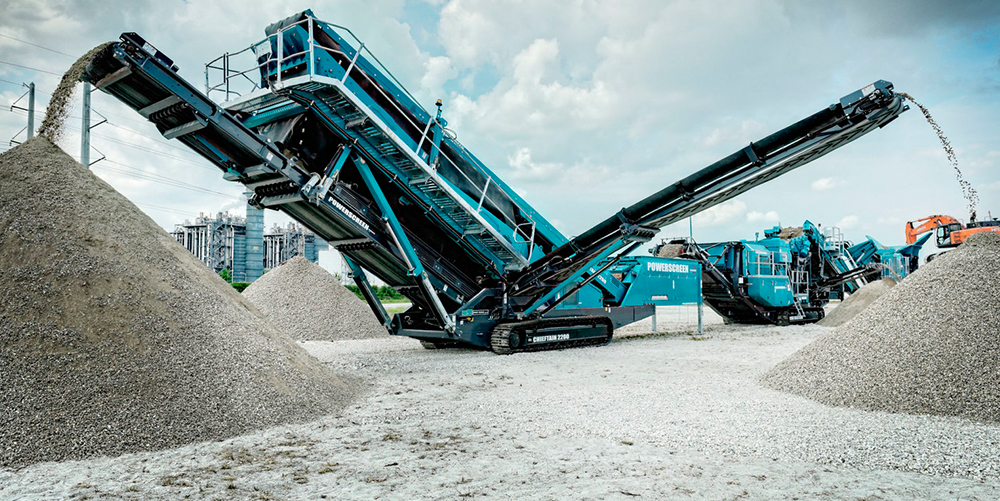
Hydraulic components form the backbone of modern construction machinery, enabling powerful, precise, and reliable motion. From pavers machines to excavators, choosing the right hydraulic motor, pump, valve, or cylinder is critical to ensure performance and longevity. This article will walk you through how to evaluate and select the ideal hydraulic components for your heavy equipment, focusing on materials, specifications, and industry-specific use cases.
Understanding Hydraulic Systems in Construction Machinery
Hydraulic systems use pressurized fluids to generate force and motion. In construction equipment such as pavers, hydraulic systems manage tasks like conveyor movement, screed leveling, and compaction. Key advantages include high power density, precise control, and excellent durability under harsh conditions.
Each hydraulic system typically includes a hydraulic pump (to convert mechanical energy into fluid power), hydraulic motors (to drive rotation), valves (to control flow and pressure), and cylinders (to perform linear motion).
Core Hydraulic Components and Their Roles
Hydraulic Motor: Provides rotational power. Ideal for pavers conveyors and rotary functions. Typical specs: 16–180 cm³/rev displacement, up to 5,100 rpm speed, max pressure 30 MPa.
Hydraulic Pump: Converts mechanical power into hydraulic pressure. High-efficiency cast iron designs are preferred. Rated at up to 245 bar.
Hydraulic Valve: Directs fluid flow and controls pressure. Electromagnetic valves offer fast response. Max pressure: 250 bar; Flow: up to 400L/min.
Hydraulic Cylinder: Executes linear movement. Single-rod, double-acting, and telescopic types are used in pavers' screed adjustment systems. Stroke: up to 1000mm.
Hydraulic Heat Exchanger: Maintains optimal system temperature. Multi-pipe baffled types are effective in long-duration paving operations.
Hoses and Fittings: Rubber oil pipes with alloy steel fittings resist vibration and high pressure.
Material and Design Considerations
Material and construction quality determine how components perform under stress. Cast iron and alloy steel are widely used due to their strength and wear resistance. Components in pavers machines should be corrosion-resistant and temperature-stable, often operating in environments from -25°C to +80°C.
Design aspects such as vane vs. piston pumps, single vs. double-rod cylinders, and solenoid vs. relief valves affect performance and compatibility. For example, spin vane pumps are compact and efficient for mobile machines.
Key Technical Specifications to Evaluate
Displacement: Motors ranging from 16–180 cm³/rev provide varied torque levels.
Speed: Up to 5,100 rpm depending on load and system type.
Pressure: Pumps at 245 bar, valves at 250 bar, and motors at 30 MPa ensure consistent output.
Flow Rate: 400L/min ensures smooth motion for screeds and conveyor belts.
Stroke Length: Hydraulic cylinders with strokes up to 1000 mm suit adjustable components in paving systems.
Applications in Pavers Machines and Other Equipment
Pavers machines rely heavily on hydraulic systems for core operations. Hydraulic motors control conveyor belts, cylinders adjust screeds and tamper bars, and valves ensure smooth flow between systems. The harsh and dusty environments require components with strong thermal management and contamination resistance.
In addition to road pavers, these hydraulic components are essential in excavators, mining trucks, utility vehicles, and large-scale environmental equipment.
Common Hydraulic Failures and How to Prevent Them
Common failures in hydraulic systems used in pavers include:
Overheating from continuous high-pressure use
Seal failure due to contamination or thermal expansion
Valve response delays or leaks due to debris
Solutions:
Use cast iron pumps with high thermal resistance
Install hydraulic heat exchangers to regulate system temperature
Opt for electromagnetic valves for fast response
Choose reinforced rubber hoses with alloy steel fittings for vibration resistance
FAQs: Choosing and Maintaining Hydraulic Components
Q1: How to choose a hydraulic pump for a paver machine?
Identify your system’s flow and pressure requirements. Consider cast iron pumps rated up to 245 bar with high efficiency for long-duty cycles.
Q2: What is the difference between a vane pump and a piston pump?
Vane pumps are ideal for compact, steady-load systems. Piston pumps offer higher efficiency and are suitable for variable loads and high-pressure applications.
Q3: How to prevent hydraulic fluid contamination?
Use high-quality filters, seal all fittings properly, and schedule regular maintenance checks.
Q4: What temperature range should my components handle?
Hydraulic components should function between –25 °C and +80 °C, especially in outdoor paving operations.
Conclusion: Ensuring Long-Term Efficiency and Reliability
Selecting the right hydraulic components for pavers machines and construction equipment involves a deep understanding of material durability, performance specifications, and environmental demands. From motors and pumps to valves and heat exchangers, each part plays a crucial role in overall machine efficiency.
To ensure reliable operation and reduced downtime, always match technical parameters with real-world applications, use quality materials like cast iron and alloy steel, and prioritize designs that enable easy maintenance and long service life.
Ready to upgrade your hydraulic systems for maximum performance in road paving and construction? Contact our engineering team today for customized solutions.



